
Although conventional chemotherapy, surgery, and radiotherapy are the foundation of treatment, adverse events such as risk of infection—bacterial and fungal—present clinical challenges.

Your AI-Trained Oncology Knowledge Connection!

Tony Berberabe, MPH, is the Editor for Targeted Therapies in Oncology. Berberabe received his Bachelor of Arts in Biology from Rutgers University and his Master of Public Health from the University of Medicine and Dentistry in New Jersey.

Although conventional chemotherapy, surgery, and radiotherapy are the foundation of treatment, adverse events such as risk of infection—bacterial and fungal—present clinical challenges.

At a median duration of response of 12.2 months, the objective response rates with forimtamig across all dose levels was 66.7% with a very good partial response rate of 54.2%, according to data from a phase 1a dose-escalation trial.
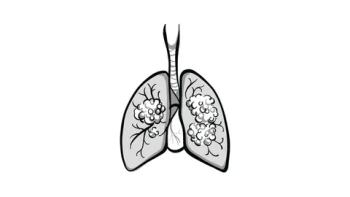
In the non–small cell lung cancer space, identifying the appropriate candidate to receive perioperative approaches, such as neoadjuvant or adjuvant therapy, remains the clinical objective.

Richard S. Finn, MD, and R. Kate (Katie) Kelley, MD, emerged in a discussion about the factors that inform treatment decisions for patients with hepatocellular carcinoma during the International Liver Cancer Association Annual Conference 2023.
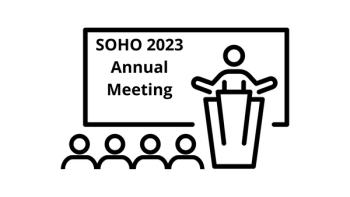
According to Elisabetta Abruzzese, MD, PhD. balancing the care of the mother, the baby, as well disease burden is needed for patients with chronic myeloid leukemia who are pregnant.

Ongoing clinical trials seek to improve minimal residual disease-negative rates and further improve event-free survival.

During an Oncology Town Hall™ virtual meeting, 4 investigators in multiple myeloma addressed emerging therapies, optimal sequencing, the role of minimal residual disease to inform therapy, and the possibility of storing T cells for use in later CAR T-cell therapy.

Lisocabtagene maraleucel showed activity in patients with relapsed/refractory mantle cell lymphoma, according to findings from the TRANSCEND-NHL-001 study.

Treatment with liso-cel had a manageable safety profile with no new safety signals in patients with relapsed/ refractory follicular lymphoma.

Findings from a study published in JAMA Oncology showed no survival difference in fixed duration immune checkpoint inhibitor group vs the indefinite-duration group among patients with non–small cell lung cancer

A positive association with progression-free survival in patients with advanced non–small cell lung cancer who were treated with first-line pembrolizumab was observed using a multiomics approach.

Docetaxel with carboplatin, trastuzumab, and pertuzumab has led to improved overall survival in patients with HER2-positive metastatic breast cancer. These findings led to the evaluation of dual blockade therapy in the neoadjuvant and adjuvant settings.

Gilteritinib can be a promising bridge to allogeneic hematopoietic stem cell transplantation, according to data at the European Society for Blood and Marrow Transplantation 49th Annual Meeting.

The speed at which immunotherapy is adopted by oncology practices depends on their size, location, and affiliation, according to an analysis.

Very high tumor burden is a potential biomarker that may predict response to anti–PD-L1 therapy in patients of Asian descent across cancer types.
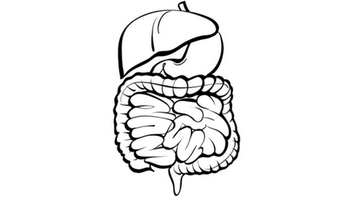
Druggable targets for patients with gastrointestinal cancers were discussed during the 20th Annual Meeting of the International Society of Gastrointestinal Oncology.
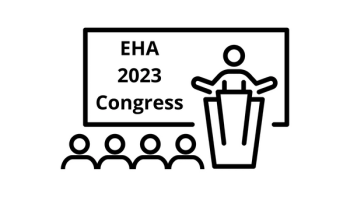
A watch-and-wait approach should remain the standard of care, even in the era of targeted therapies, in patients with early-stage chronic lymphocytic leukemia with inactive disease, according to data from the 2023 EHA Congress.

Recent studies reported a potential reduction in stem cell yields in patients who were exposed to daratumumab prior to stem cell mobilization.
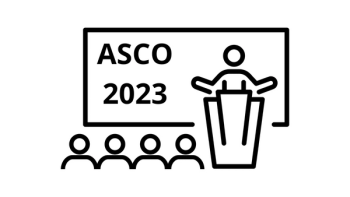
The combination of doxorubicin, balstilimab, and zalifrelimab has some early signals of activity in both immune hot and cold sarcoma subtypes with manageable toxicity.
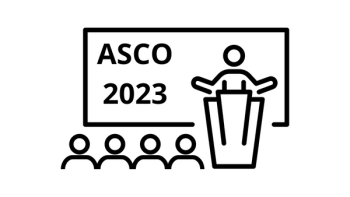
Now that positive phase 1 results have been reported for PHE855, a phase 2 study of PHE855 is currently underway in patients with relapsed and refractory multiple myeloma.

Joyce O’Shaughnessy, MD, highlights advances in breast cancer management which will be presented at an upcoming medical meeting.

An accelerated diagnostic assessment program was initiated to improve wait times for a diagnostic work-up in which a cancer diagnosis is suspected.

Treatment with niraparib elicited durable conditional progression-free survival rates vs placebo in patients with ovarian cancer whose tumors were homologous recombination deficient.

In a presentation given during the 2023 National Comprehensive Cancer Network Annual Conference, Mitesh J. Borad, MD, discussed treatment options for advanced hepatocellular carcinoma.
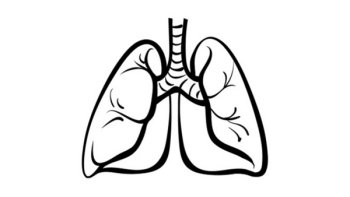
In a prospective effectiveness trial, care delivered to patients with lung cancer using a multidisciplinary model was compared with care delivered at a traditional serial care model.

After 3 years of follow-up in the ZUMA-5 trial, patients with relapsed/refractory indolent non-Hodgkin lymphoma treated with axicabtagene ciloleucel had durable responses.
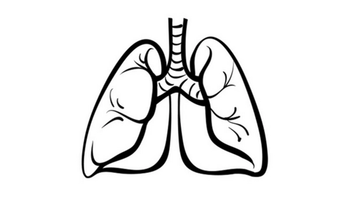
At the 2023 European Lung Cancer Congress, results from the recent findings of the CONTACT-01 trial showed no benefit for patients with metastatic non–small cell lung cancer on the combination of atezolizumab and cabozantinib compared with the standard of care.

One of the key tools used to detect leukemic cells is measurable residual disease, formerly referred to as minimal residual disease.

In the NRG GY018 trial, the addition of pembrolizumab to standard-of-care chemotherapy followed by maintenance pembrolizumab demonstrated a reduction in risk of disease progression or death in patients with advanced or recurrent endometrial cancer.

Next-generation CAR T cells, including 1928T2Z and WZTL-002, continue to be investigated for the treatment of patients with large B-cell lymphoma.